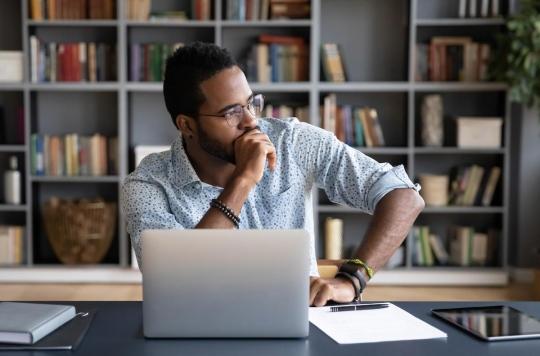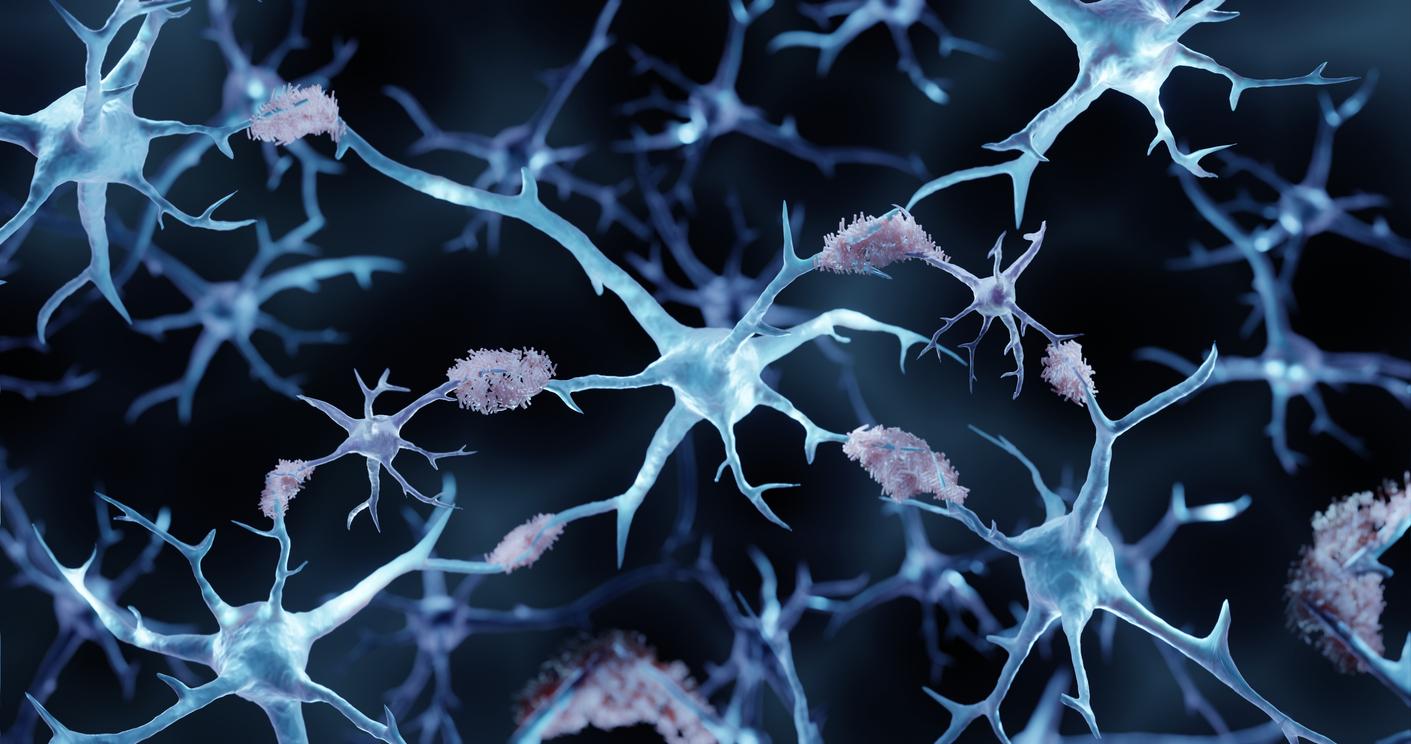When we are stressed, we are more likely to draw the wrong conclusions than when we are more relaxed.

- Under stress, people weigh each piece of evidence that supports undesirable conclusions more than when relaxed.
- In contrast, stress does not alter the strength of the evidence needed to reach the conclusion that one is in a desirable environment.
When stress arrives, it spreads throughout the body. In a new study, American researchers have shown that it even goes so far as to diffuse into our decision-making and lead us to make the wrong choices. The research results were published on July 28 in the Journal of Neuroscience.
Stressed, we are more likely to conclude that the worst is the best
The results of this study underline that it is preferable to avoid stressful situations when making important life decisions. “Our research suggests that under stress, people weigh each piece of evidence that supports undesirable conclusions more than when relaxedsays Tali Sharot, neuroscientist and lead author of the study. In contrast, how they evaluate evidence that supports desirable conclusions is unaffected by stress. As a result, people are more likely to conclude that the worst is the best when they are stressed..”
For the study, 91 volunteers played a categorization game. During it, they could gather as much evidence as they wanted to decide whether they were in a desirable environment, associated with rewards, or undesirable, associated with losses. To create a stressful situation, before playing the game, 40 of the volunteers were told that they had to give a surprise speech in front of an audience which would be judged by a panel of experts.
In a stressful situation, less need for proof
The researchers found that under stress, the volunteers needed weaker evidence to come to the conclusion that they were in an undesirable environment. In contrast, the stress did not alter the strength of the evidence needed to reach the conclusion that they were in the desirable environment.
“We usually think of stressful situations as an obstacle to our decision-making processsays Tali Sharot. But the learning model we discovered may counterintuitively be adaptive because negative beliefs can cause people to be extra cautious in threatening environments..”
.















